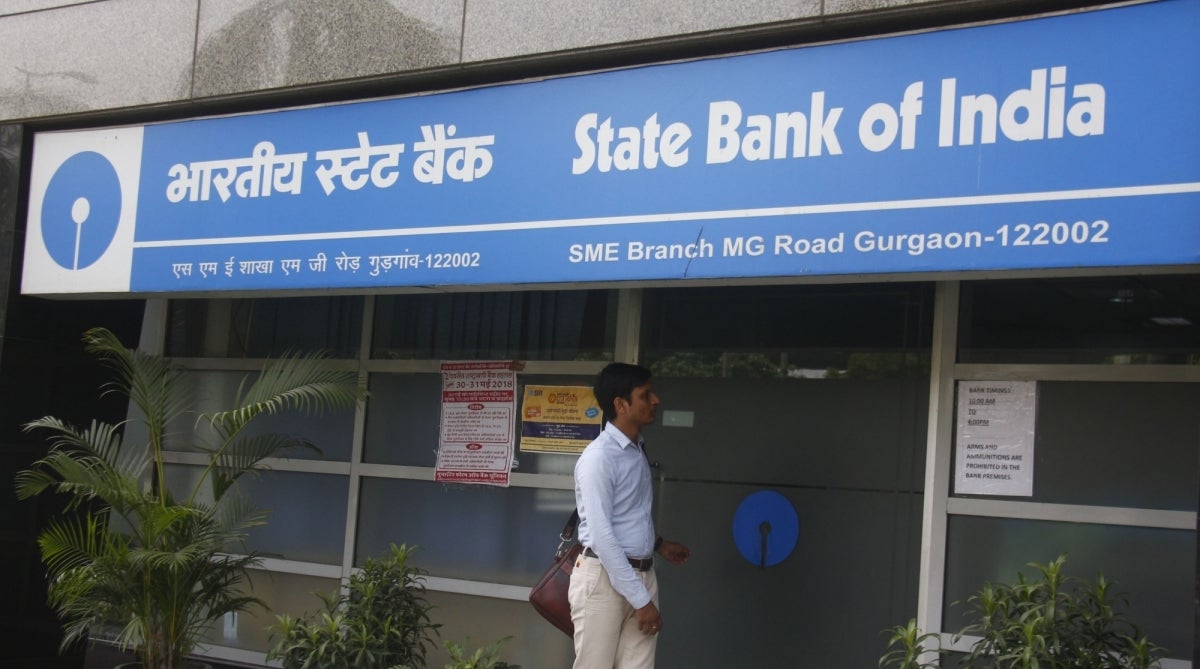
The Indian government has directed that banks are essential services that must remain operational during the three-week coronavirus lockdown.
The directive is to ensure, among other things, that welfare cash schemes that are part of a $22.6bn stimulus reach the poor, the government said.

Access deeper industry intelligence
Experience unmatched clarity with a single platform that combines unique data, AI, and human expertise.
On 24 March, Prime Minister Narendra Modi announced the world’s largest lockdown on, asking 1.3 billion Indians to stay home for 21 days to slow the spread of COVID-19. Essential businesses such as groceries, pharmacies, and delivery services are exempt.
Now the government makes it mandatory for all banks to keep their doors open.
“It is very crucial and critical to keep banking channels open and make sure that branches and banking correspondents function throughout the lockdown period, so that people do not face any hassles or problems in their financial transactions,” the government announced in a 27 March order.
Despite the government directive, in some states such as Punjab, banking hours would be curtailed with minimum staffing, bank officials said.

US Tariffs are shifting - will you react or anticipate?
Don’t let policy changes catch you off guard. Stay proactive with real-time data and expert analysis.
By GlobalDataSome rural bank branches are considering working alternate days, both to protect employees from the fast-spreading coronavirus and to respond to a fall in customer presence at bank branches.
A $22.6bn spending plan to combat the pandemic
Two days after the lockdown, India announced a 1.7tn rupee ($22.6bn) spending plan as part of measures to ease the economic impact of coronavirus pandemic on the poor in the world’s most populated nation after China.
The plan will include cash transfers as well as steps on food security, finance minister Nirmala Sitharaman said. The package will benefit migrant workers, she added.
What immediately followed, however, were supply constraints for essential items and panic buying, leaving the poor and daily labourers most vulnerable.
The government outlined plans for medical insurance worth 5 million rupees ($66,000) for every front-line health worker, from doctors, nurses and paramedics to those involved in sanitary services.
But some economists said that the plan may not be enough to support the country, and the lockdown could cost the country dearly in terms of economic growth.
Prime Minister seeks “forgiveness” from the poor
Criticism has mounted over the lack of planning ahead of the coronavirus shutdown, which was introduced with less than four hours’ notice.
Many of India’s 1.3 billion citizens have been left jobless and hungry, critics say. And tens of thousands of migrant labourers have been forced to walk hundreds of kilometres to their native villages.
In his weekly radio address Prime Minister Narendra Modi apologised for the impact of the strict stay-at-home measures.
He insisted there was “no other way” to stop the rapid spread of the virus.
In a nationwide radio address, the Prime Minister said he understood why people would be questioning a government decision that stood to put them “into so much trouble”, but said the lockdown would help “give India victory over corona”.







